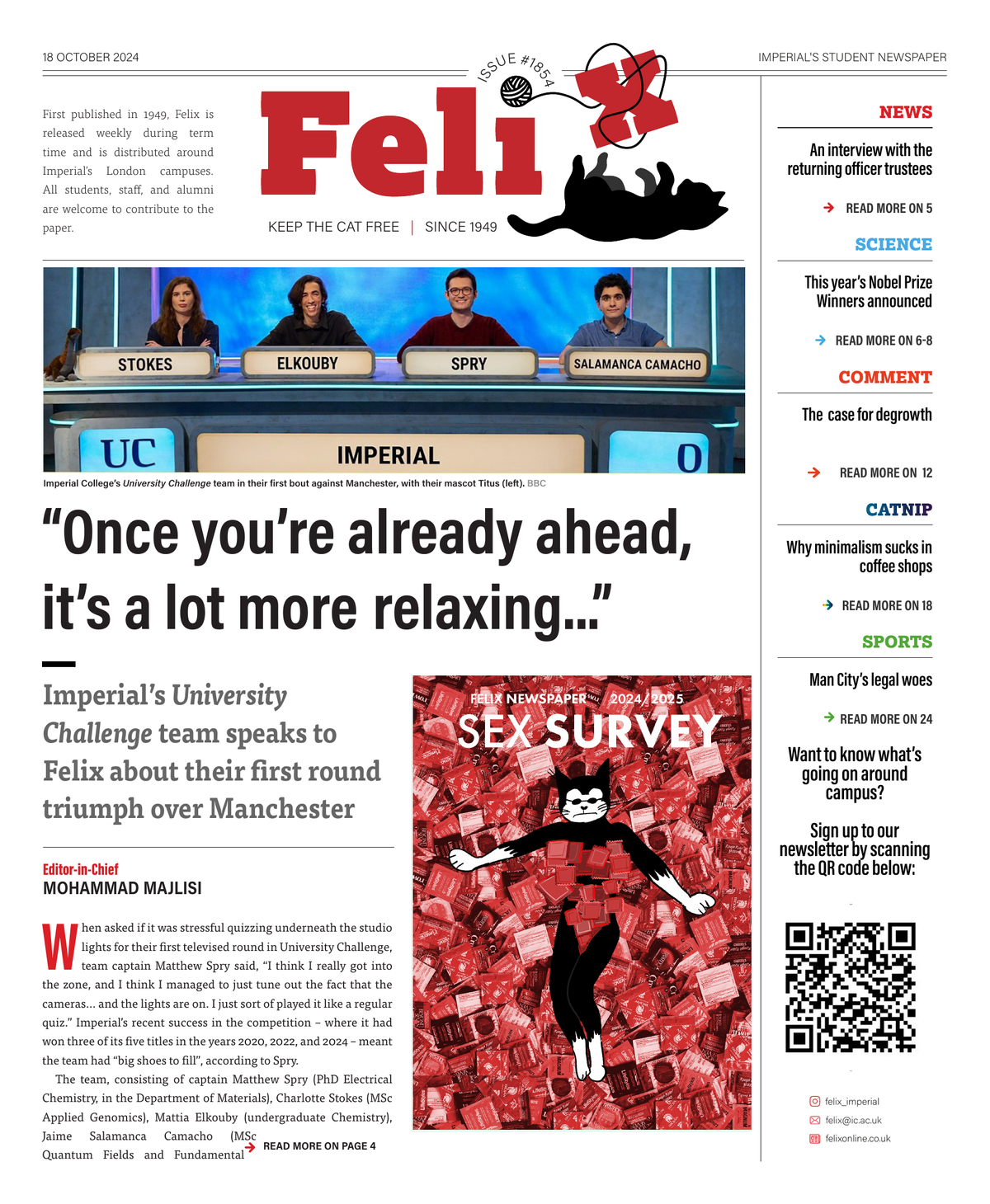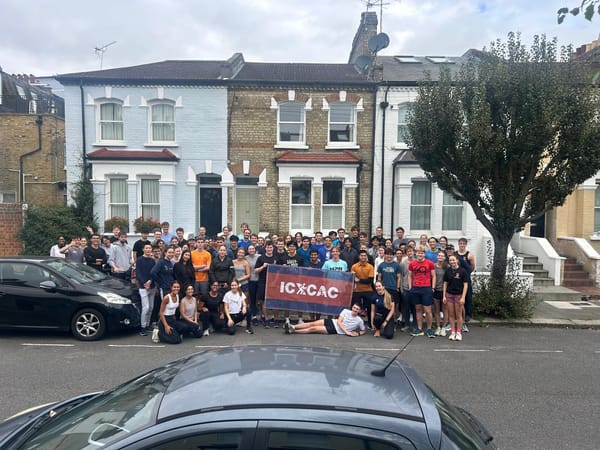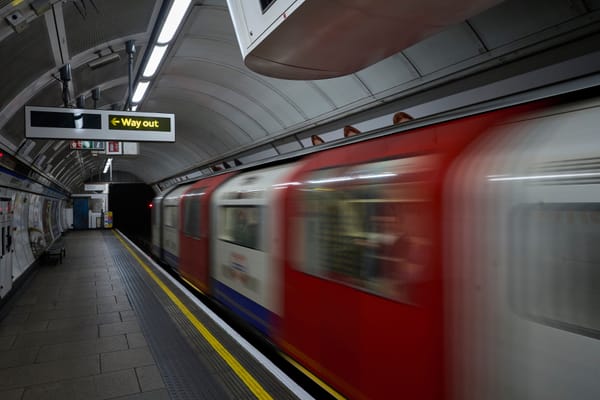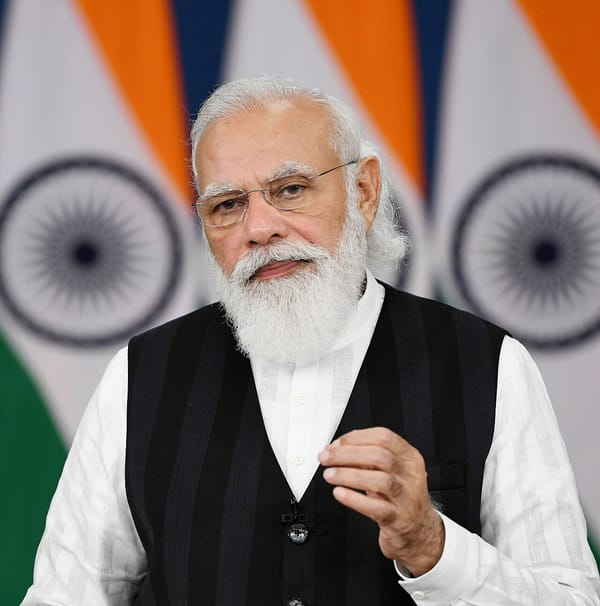The fall of a city’s empire: a battle won, next the war?
Manchester City triumph in a tribunal separate to their 115-charge nightmare.
Manchester City have emerged victorious over the Premier League, accusing them of being “misleading” about commercial APT rules ruled unlawful by a tribunal.
Since Sheikh Mansour’s 2008 takeover, they have faced their fair share of controversies: human rights concerns, player misconduct, and significant financial violations of both UEFA and the Premier League rules. Yet, with massive investment, world-class leadership from Pep Guardiola and Txiki Begiristain, and an elite global scouting network, they’ve emerged as one of the best-run clubs in the world. Amassing eight Premier League titles, six EFL Cups, two FA Cups, and finally achieving Champions League success in 2023, it is hard to argue with this.
Despite being the only club to “four-peat” the Premier League, they are possibly the most contentious team to ever grace it. Following a two-year ban and a €30 million fine imposed by UEFA for Financial Fair Play (FFP) regulations in 2020, the Premier League followed suit on the 6th February, famously charging Manchester City with 115 breaches of FFP. They alleged that the club failed to provide the accurate financial information and violated various rules related to financial reporting over multiple seasons – spanning between 2009 to 2018.
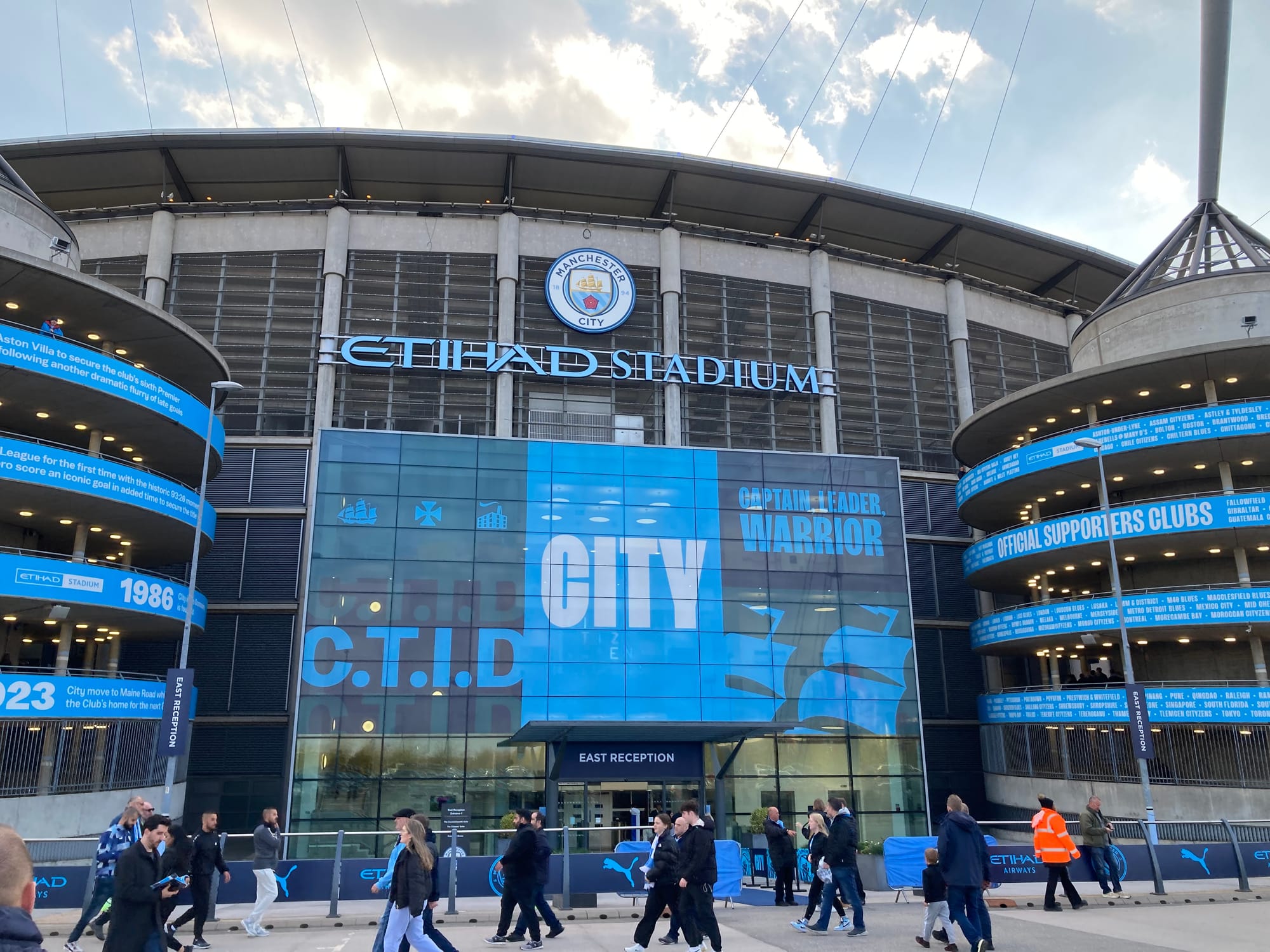
What is FFP?
Financial Fair Play (FFP) is a set of regulations introduced by UEFA to promote financial stability and integrity within European football. The Premier League subsequently implemented similar rules to prevent financial mismanagement, protect club heritage and fans, improve accountability through enhanced transparency, and maintain competitiveness.
The latter reason doesn’t appear to be holding up well. From the 2017-18 season through to the last, Manchester City have won the Premier League all but once, in 2019-2020, thanks to Jurgen Klopp’s Liverpool. The Premier League clearly wishes to avoid a monopoly, with City as the predator potentially stifling competition and hindering the growth of other clubs.
What are the 115 charges placed on City’s head?
Leaked emails and a confidential Premier League investigation uncovered: 54 breaches of financial accuracy from 2009-2018, 14 breaches of player and manager payment accuracy from 2009-2018, seven breaches of the Premier League’s PSR rules from 2015-2018, five breaches of UEFA’s own FFP rules from 2013-2018, 35 failures to cooperate with the PL’s investigations 2018-2023.
But just in the last week, City have won a legal battle independent of these charges. They instead concern commercial regulations, specifically Associated Party Transactions (APT). APT rules require clubs to disclose transactions with associated parties – those with significant financial interests – to ensure fair market value and prevent inflated sponsorship deals that could disrupt the league’s competitive balance.
The Premier League had previously blocked two of City’s sponsorship deals, both linked with their ownership in the Etihad Aviation Group and the Abu Dhabi Bank. The tribunal ruled in favour of Manchester City, stating that the Premier League’s enforcement of APT rules was procedurally unfair. It concluded that the league unlawfully excluded shareholder loans from the analysis, violating UK competition law and abusing its dominant position by preventing clubs from commenting on transaction data used to assess market value.
So, a minor battle won in this 115-wager war. This decision calls into question the overall legitimacy of the league’s financial regulations and could undermine the credibility of the broader legal action against the club. Either way, it is guaranteed Manchester City will have as world class a board room as a dressing room. Let’s just hope the proceedings are not as predictable as: “5’ [minutes]. Goal for City. Haaland.”

